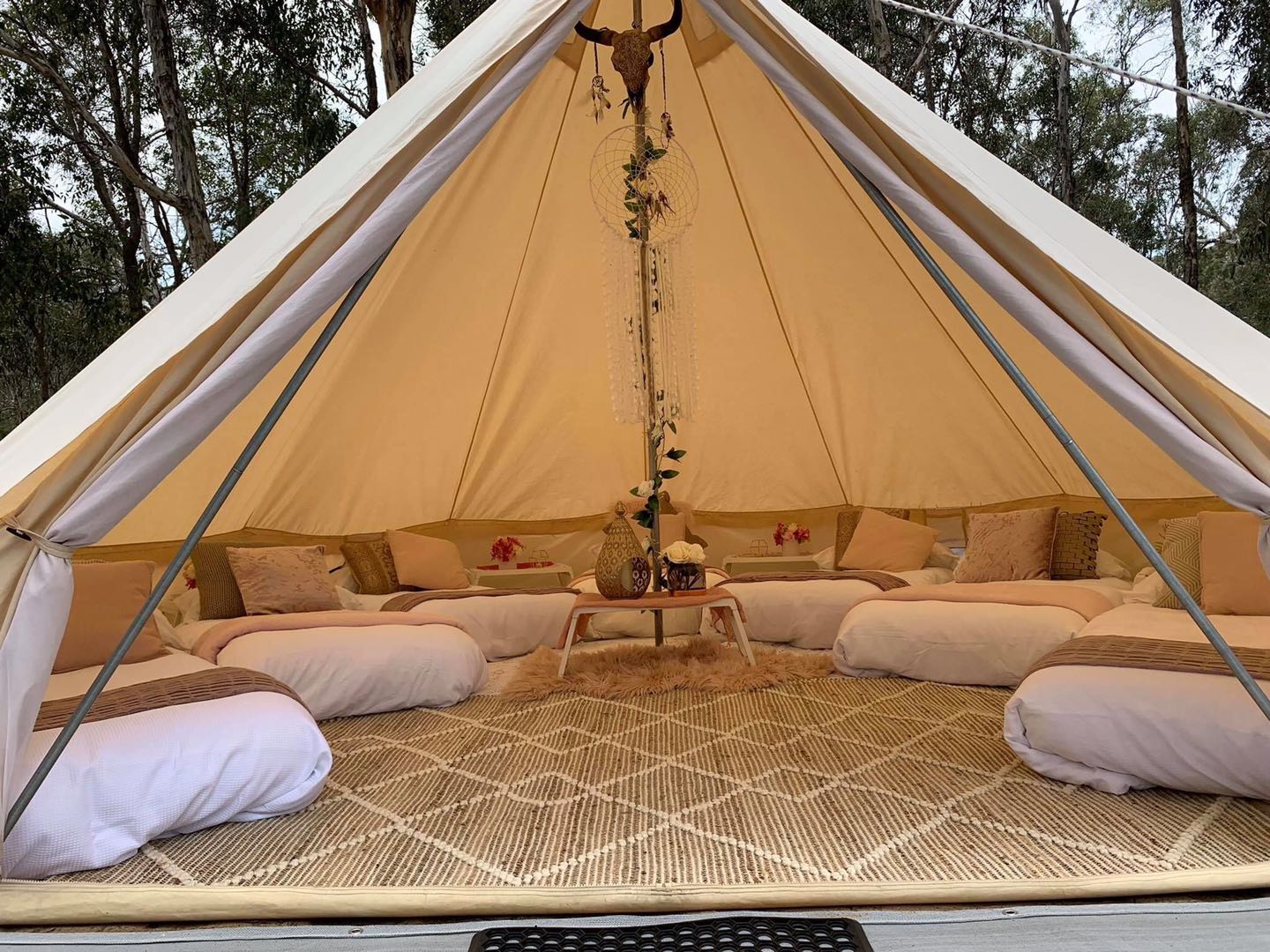Unveiling the Shelter: The Crucial Role of Camping Tents in Outdoor Adventures
When venturing into the great outdoors, one essential item that can make or break your camping experience is the camping tent. The simple act of setting up a tent may seem like a basic task, but its significance goes far beyond providing a mere shelter. Camping tents are the cornerstone of any outdoor adventure, offering not just protection from the elements but also a sense of security and comfort amidst nature's unpredictability. As you embark on your journey into the wilderness, the choice of tent becomes a crucial decision, influencing your overall camping experience in ways you may not have fully realized.
Types of Camping Tents
Camping tents come in various shapes and sizes to suit different outdoor needs and preferences. One common type is the dome tent, known for its simple setup process and sturdy construction. Dome tents are ideal for backpackers and campers who prioritize portability and ease of use.
For those seeking ample space and standing room, tunnel tents offer a practical solution. Tunnel tents often feature multiple rooms and vestibule areas, providing extra storage space for gear and equipment. Their elongated shape allows for efficient wind resistance, making them suitable for various weather conditions.
Additionally, geodesic tents are renowned for their exceptional stability in harsh environments. These tents boast a complex pole structure that maximizes strength and durability, making them a popular choice for mountaineers and winter campers. Geodesic tents are engineered to withstand heavy snow loads and strong winds, ensuring a safe shelter during challenging outdoor expeditions.
Factors to Consider When Choosing a Camping Tent
When selecting a camping tent, it is vital to consider the tent's size. You need to determine how many people will be staying in the tent and if any additional gear needs to be stored inside.
Another important factor to take into account is the tent's seasonality. Different tents are designed for different seasons, so make sure you choose a tent that suits the weather conditions you will be camping in.
Lastly, pay attention to the tent's weight and packability. If you plan on backpacking to your campsite, a lightweight and compact tent will be much easier to transport and set up.
Tips for Properly Setting Up a Camping Tent
Firstly, when setting up your camping tent , it is important to choose a flat and clear area to ensure stability and comfort during your outdoor stay. Clear any rocks, branches, or debris from the ground before laying down the tent's footprint or groundsheet.
Next, make sure to carefully follow the manufacturer's instructions for assembling your tent. Take your time to properly stake down the tent corners and ensure that all poles are securely in place. Proper setup not only ensures structural integrity but also enhances the tent's ability to withstand different weather conditions.

Lastly, remember to properly tension the guy lines to maximize the tent's stability and prevent it from flapping in the wind. Adjust the lines as needed to keep the tent taut and secure. Additionally, consider placing a ground tarp or mat underneath the tent to provide an extra layer of protection and insulation from the ground.